
The law, signed after more than 15 years of advocacy, establishes a framework for access to public information and penalties for officials who resist requests for information.
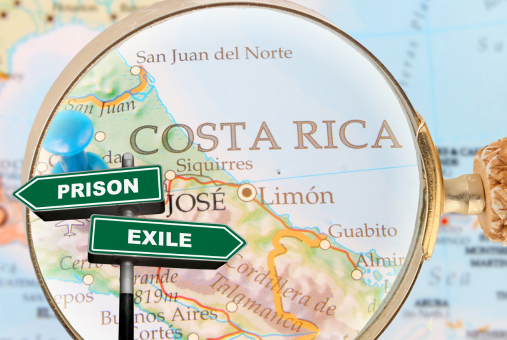
Hundreds of Central American journalists have gone into exile in Costa Rica because they consider it a safe country for journalism. But, the situation has taken a turn as press freedom and security in that country has worsened. Some exiled journalists have decided to seek refuge in other countries and to leave the profession.
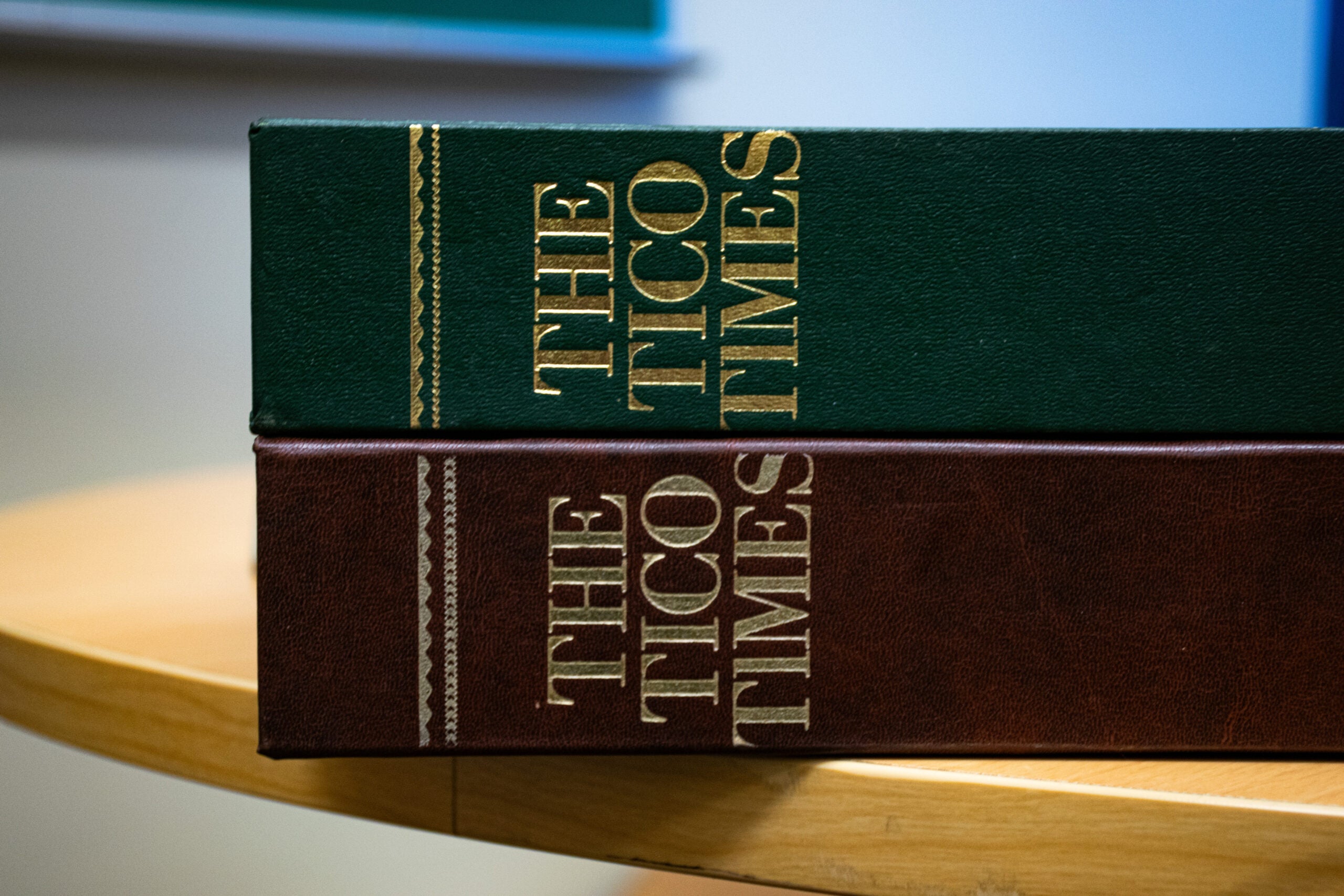
For decades, The Tico Times newspaper has covered Costa Rica and Central America for an English-speaking audience. After former publisher and editor Dery Dyer passed away in 2020, a concerned former journalist of the publication helped to find her old boss’ archive a new home.
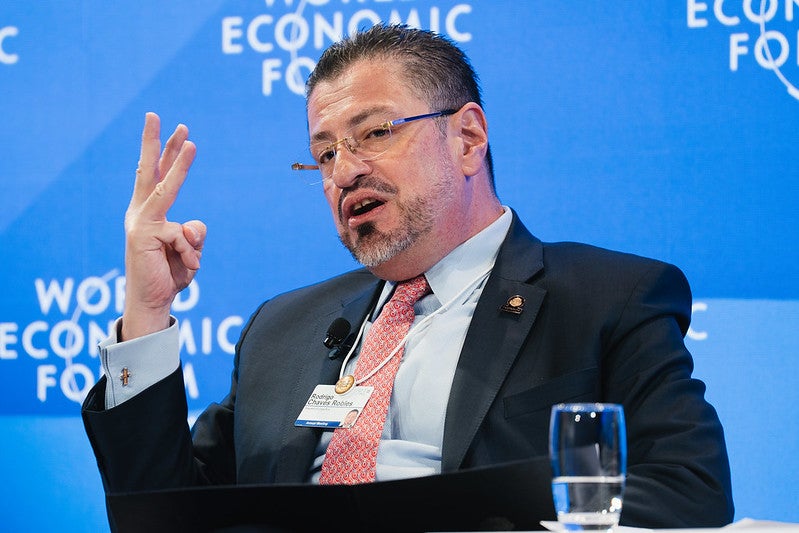
In a series of unprecedented events in the 'Switzerland of Central America,' Rodrigo Chaves uses authoritarian rhetoric and the state apparatus to persecute independent media. Defenders of free speech and journalists believe democracy will survive, but see risks of violence.
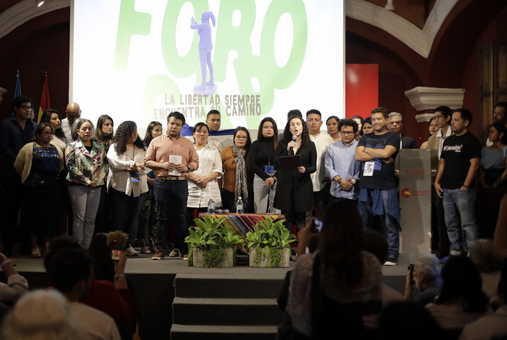
Faced with the recent escalation of attacks on freedoms of the press and expression in Costa Rica, El Salvador, Guatemala, Honduras, and Nicaragua, journalists from these countries have come together to create the Red Centroamericana de Periodistas [Central American Network of Journalists]. Guatemalan Marielos Monzón, one of the Network’s founders, spoke to LatAm Journalism Review (LJR) about the goals and lines of work of this initiative in defense of journalism and the citizens’ right to be informed.

Smaller print newspapers across Latin America have had to adapt to changes brought on by the COVID-19 pandemic, which accelerated transitions to digital and forced the publications to find new revenue streams.

Twenty one media outlets from nine countries in Latin America will benefit from US $2 million as part of the Google News Initiative (GNI) Innovation Challenge to improve operations, strengthen business models, create new products and more. “Innovating, essentially, is developing creative and transformative processes and exploring new approaches to change the way an organization […]
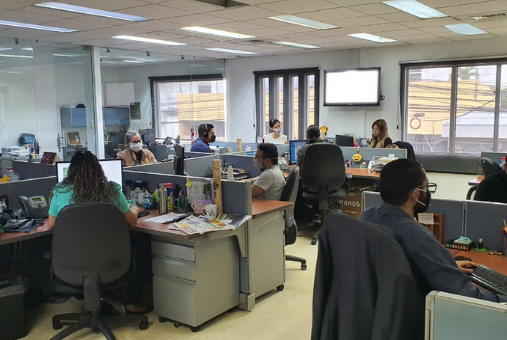
Close to being in existence for a decade, Costa Rican digital outlet CRHoy built a strong audience, betting on a balance between breaking news and impactful investigations, which led to awards and credibility for the outlet.
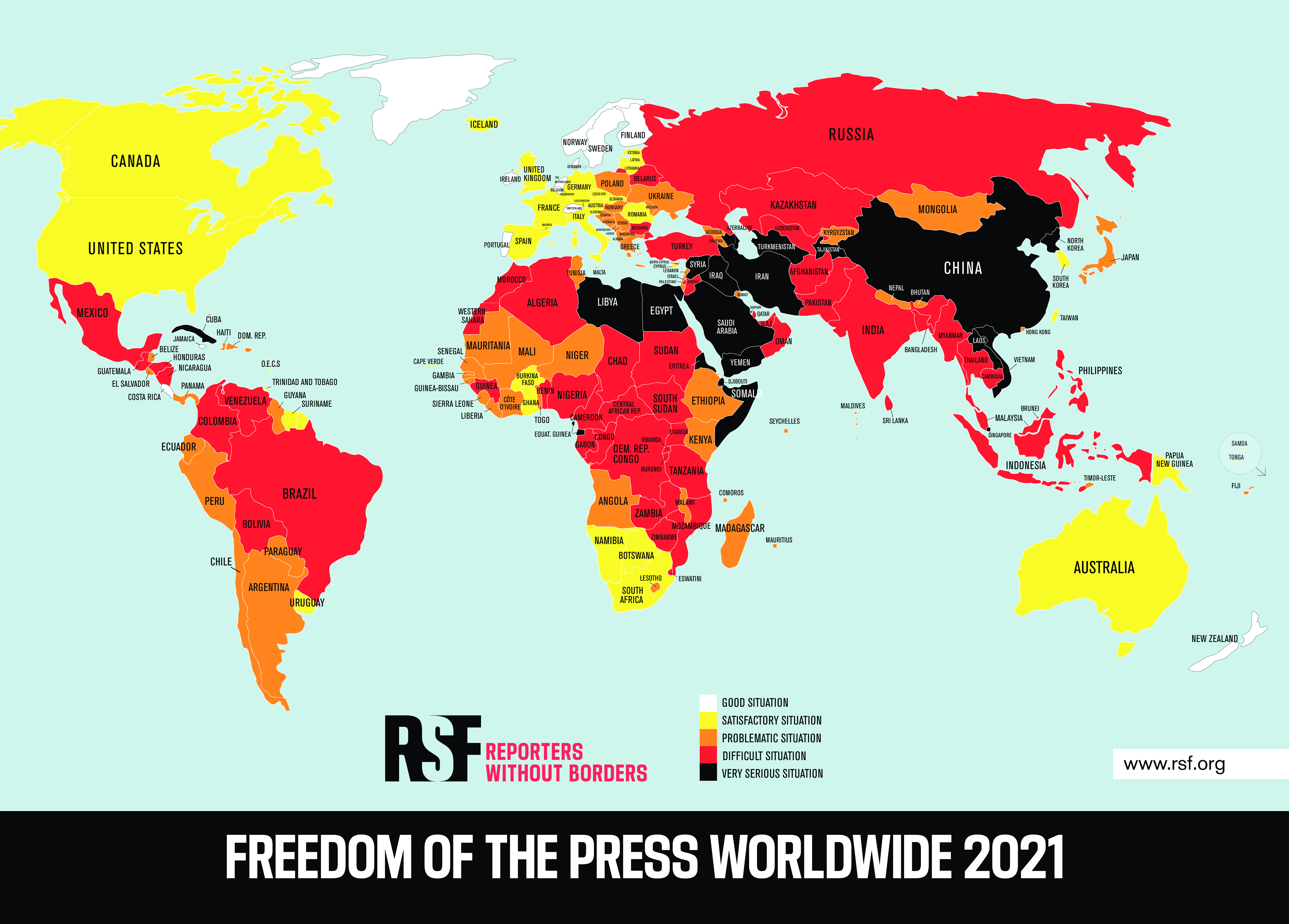
The global press freedom ranking by NGO Reporters Without Borders (RSF) confirmed a perceived trend in Latin America: a general worsening of conditions for the exercise of journalism on the continent. Of the 24 countries in the region analyzed, 19 lost points in the RSF survey.

With the pandemic, indigenous media have gotten information about the disease to isolated communities, with little or no access to the internet.
Given that new forms of communication –such as social networks, platforms and digital news sites, among others– pose new challenges to the exercise and defense of the right to freedom of expression, a recent study by the Inter-American Commission on Human Rights (IACHR) ) suggests reviewing the jurisprudence of the Inter-American Human Rights System in that regard.
The Costa Rican newspaper La Voz de Guanacaste, founded in 2002 as La Voz de Nosara, began as a printed newsletter featuring local stories from the northwestern Costa Rican province of Guanacaste. Today, it is the only non-profit Costa Rican newspaper with digital and print versions published in English and Spanish, and almost 42,000 followers on social networks.